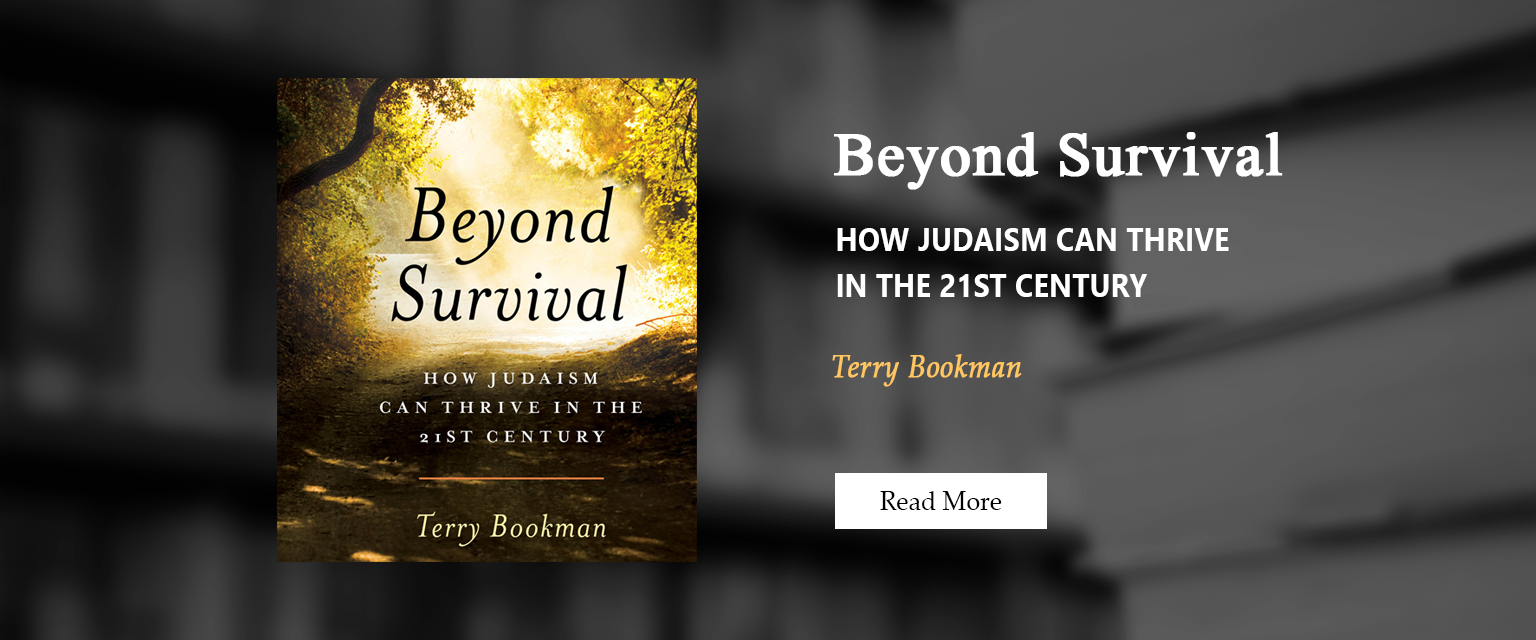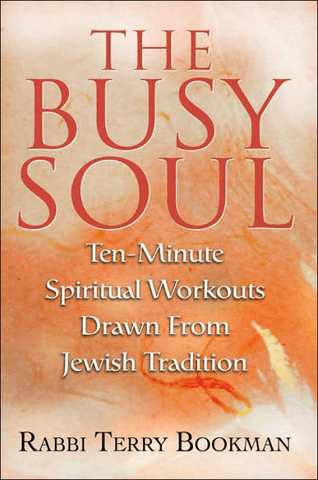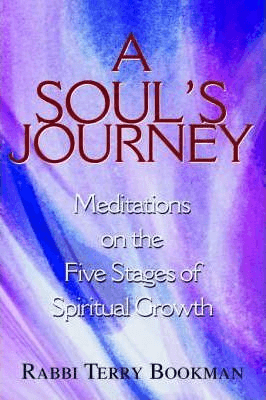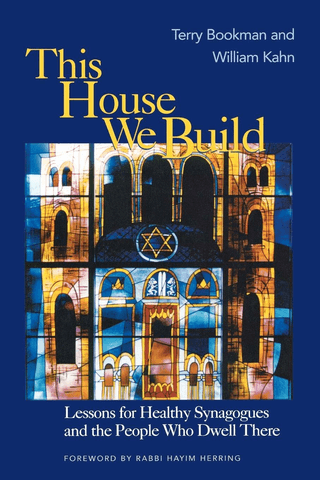|
Have you ever been driving a car on a highway and seen someone zigzagging in and out of traffic at high speeds? If you say “no” then you are either a brand new driver or never been on a highway. As for that daredevil driver, if they are not driving to the hospital to deliver their partner’s baby, have you ever wondered why they are driving that way, imperiling the lives of everyone on the road, including their own? What are they thinking? Or, perhaps more accurately, are they thinking at all?
It seems to me that there are really only two ways to approach driving a car, which is reflective of the approach one takes to life itself. One can think, “this is my car, I bought it, and I have the right to drive it anyway I want. The road is limited. I don’t care about anyone else. Why should I? Every wo/man for her/himself! ” Or, one can think, “the road is a community of shared space and I am but one member. There is room for everybody. Every driving decision has to be made in light of that reality. I have a responsibility to every other driver to enable them to arrive safely at their destination. This is not to say I am responsible for them; they are the drivers of their cars. Rather, I am responsible to them.” We could call the former approach “competition” while the latter I would refer to as “collaboration.” When I think of myself only, I am, in essence, competing against everyone else. There is only a limited amount of space on the road and I am going to take whatever room I can. On the other hand, when I think in terms of community, there is enough room for everyone if only we learn to collaborate and watch out for each other. I am not saying one approach is “right” and the other “wrong.” Neither position is a given or an indisputable fact; rather, it is a choice we make. Road rage only occurs in a competitive environment—when I believe someone has taken something from me—my road space, my freedom to maneuver, my safety. The extreme anger evoked by road rage is a clear indication that somehow the individual has allowed his or her very identity to be challenged, even threatened by the actions of another. Otherwise, how can we explain people literally “losing it” over something so insignificant as a parking space, a failure to move forward the minute the light changes to green, or a too tight change of lanes? The irony is that when one acts on this rage by confronting the other, they gain nothing. In fact, the opposite is often the case—tragically, they lose everything, including their lives! When I drive in collaboration with others, sharing the road, nothing can really bother me. I do notice bad behavior, of course, but when I do, my attitude is something akin to, “I am glad I am not that person.” Years of meditation and therapy have certainly contributed to this awareness. But so did a study I read that timed zigzagging cars against those that stayed in one lane. Arrival time differential was minutes, but stress, high blood pressure, and accidents were all statistically significant. And by the way, this approach—it’s all about me versus we are all in this together—finds its way into other aspects of life as well. Standing on line at the grocery store. Building or selecting our new home. The foods we eat. The cars we drive. Recycling. Composting. Deciding on what is really enough. The list can go on and on. There may be other planets out there in the universe, but this is the only one we inhabit. The way I figure it, either we learn to coexist or we will destroy each other and perhaps even the planet itself in the process. Now some people reading this knowing that I learned to drive in one of the most hostile environments anywhere (traffic does that) New York City, especially if they ever drove with me, may be shaking their heads in disbelief. Look who is talking! Mr. Flipthebird! Guilty as charged. But that was then and this is now. Just stay out of my way! Only kidding! P.S. We also need to learn to share the road with bicyclists, maybe even join them if we are able. And they, for their part, have to obey the rules of the road—things like stop signs and red lights and proper lanes. Along with rights and privileges come responsibilities. So while we are on the topic, when I learned to drive I was taught hands at ten and two o’clock…signal when making a turn or changing lanes…eyes on the road and check your mirrors…stop so that you can still see the stop sign, not roll through it—things like that. So can we put down the cell phones and get back to actually driving our cars? Thanks everybody!
0 Comments
Leave a Reply. |
Blogs and VideosArchives
January 2021
Categories |
|
I exist to be a connector—connecting people to themselves (allowing for awareness and insight, as well as wholeness and personal growth); to one another (creating sacred community); and to God (linking themselves to a Higher Purpose in all they do in life).
|
©2021 Eitzah, Inc. All rights reserved.







 RSS Feed
RSS Feed
